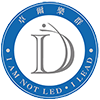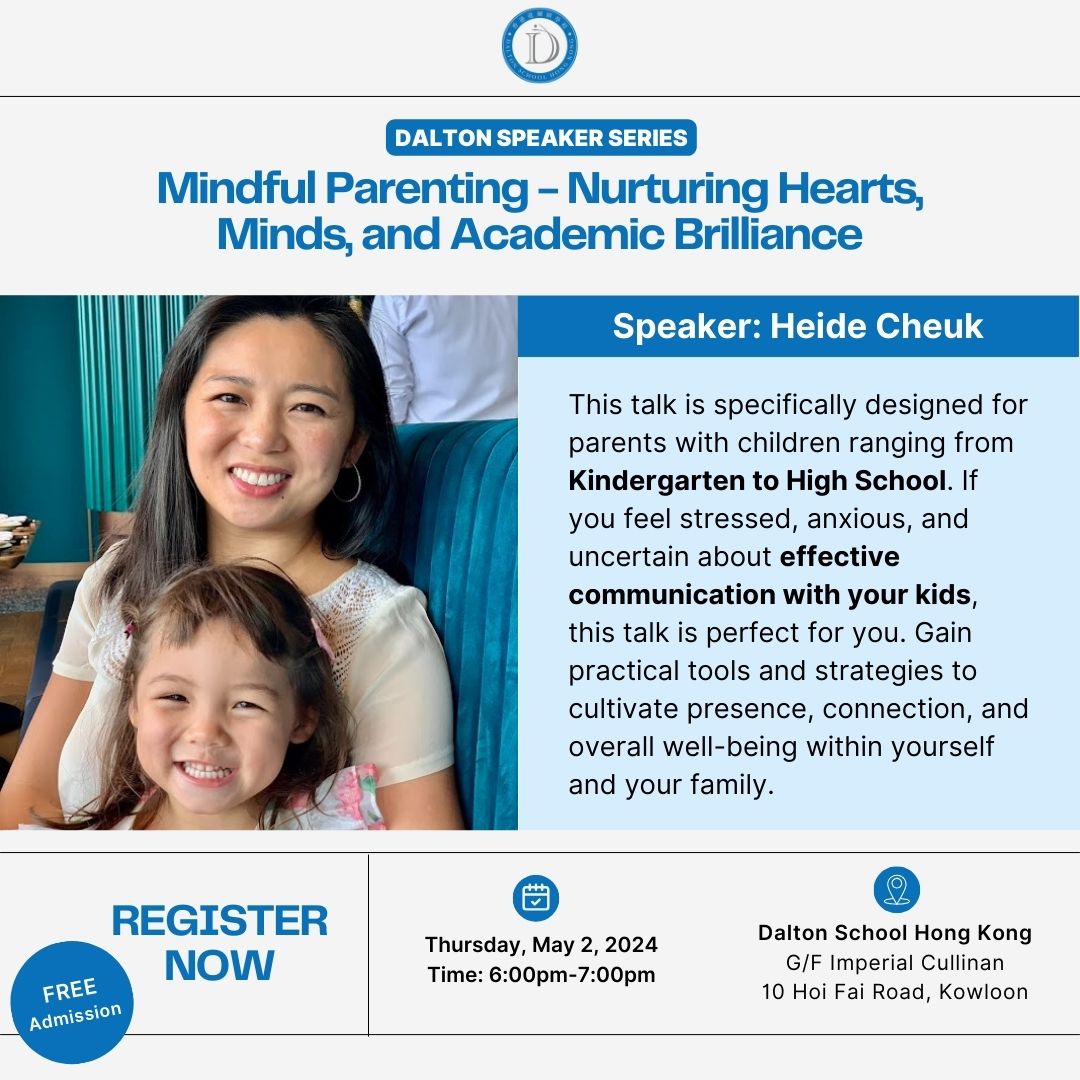The
Dalton Plan
How We Do It?
“It is not a curriculum…it is an educational reorganization which reconciles the twin activities of teaching and learning. When intelligently applied, it creates conditions which enable the teacher to teach and the learner learn.”
by Helen Parkhurst
The Dalton Plan created by Helen Parkhust in the 1920s in Dalton, Massachusetts, USA grew out of the progressive movement of educational reform in the early 20th Century that reacted against the teacher-centered, “one size fits all” mode of education.
Today, there are over 200 Dalton Plan schools throughout the world, including the Dalton School in New York and Ascham School in Sydney. Many other leading schools, including Tinghua Primary School, adopt some components of the Dalton Plan while leading educators, such as the Association of Senior Professors of Peking University, are strong advocates of the Dalton Plan for education reform.
The Dalton Plan is based on a strong belief that whenever children are given responsibility for their learning, they instinctively seek the best way of achieving it and execute their decisions with focus and rigor, leading to success.
Built on this belief, the Dalton Plan believes education should:
- Tailor each student’s program to his or her needs, interests and abilities;
- Promote communication, collaboration, and a sense of responsibility and community;
- Nurture children’s skills for tomorrow, building resourcefulness, flexibility and independence.
To achieve these objectives, Parkhurst developed a three-part model which reorganizes education from teacher-centered to more child-centered, transferring critical learning responsibilities from the teacher to the child.
These three parts, namely the House, the Assignment, and the Laboratory, form the critical, structural foundation of a Dalton Education. Through these three parts, the teachers and the students work together towards individualized goals that develop the mind, the body and the spirit.
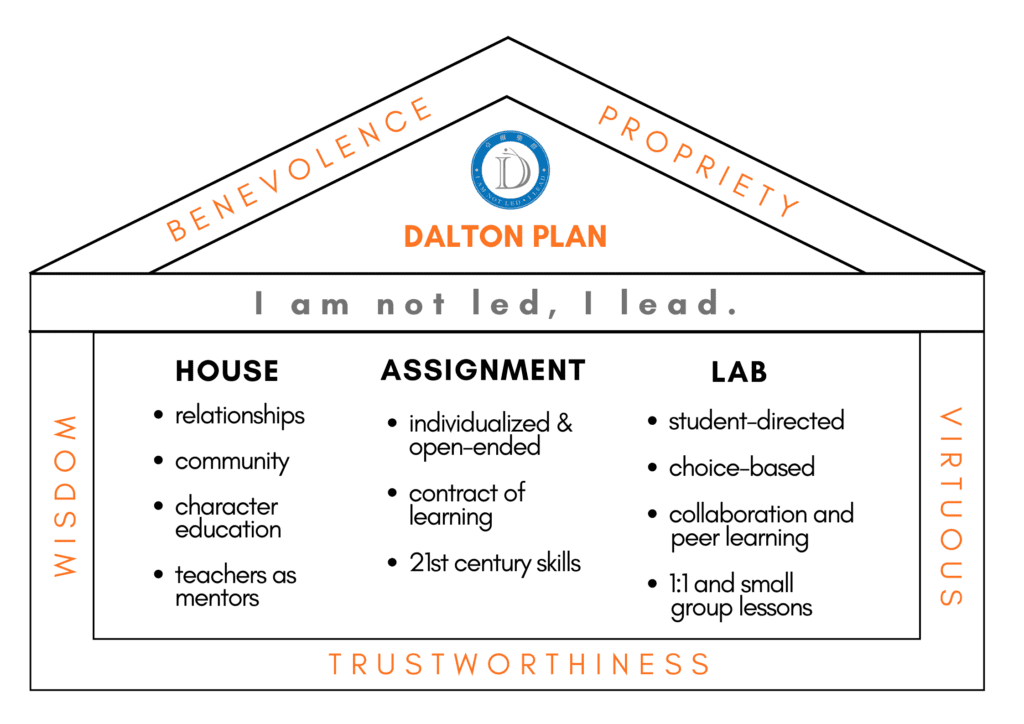
DSHK uses the Dalton Plan framework to facilitate the effective implementation of The Dalton Philosophy
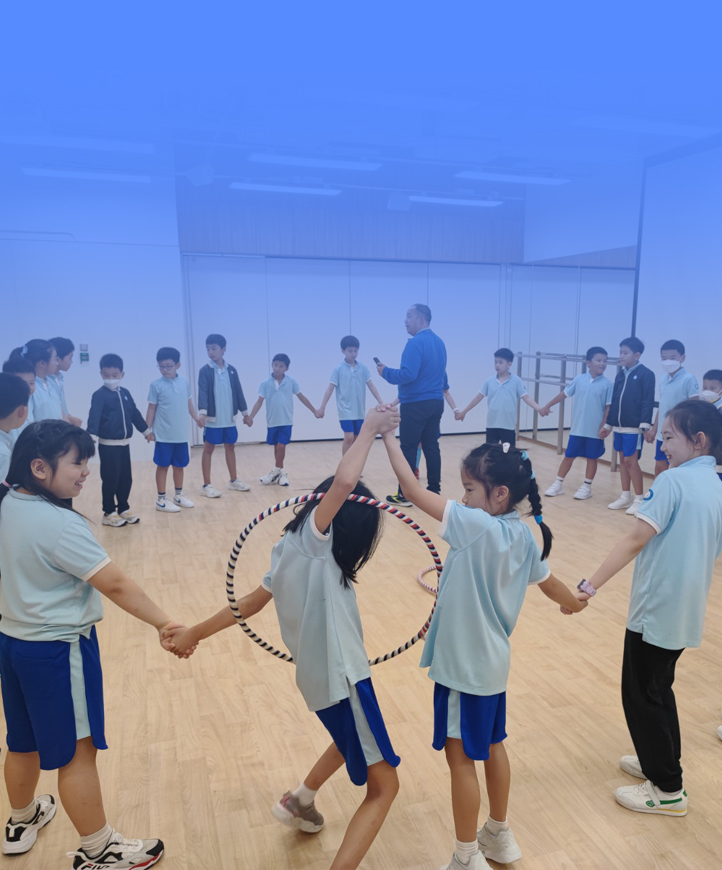
House
Each student belongs to a House, a community where they can develop virtues, community spirit and the skills of responsible citizenship. Similar to the ‘homeroom’ in traditional schools, each House has a House teacher-mentor, who is trained to act as a guide, observing and fostering each child’s unique potential and self-knowledge. The House mentor is the parent’s key contact with the school. As a dual language school, each House has two House teachers, one Chinese teacher and one English teacher.
Lab
There is a clear “freedom within a frame” during lab time— when students can explore their interests in a more individualized manner. During the lab, students are given individualized learning goals and work on projects or tasks that align with their interests and abilities. They have the flexibility to choose when and how they learn, which fosters a sense of autonomy and self-motivation. The lab is designed by teachers to encourage collaboration and critical thinking. During lab time, you will see students work together in small groups, exchanging ideas and supporting each other's learning, engaging in tasks like creative writing, dramatic role play, podcast recording, and various education games. The role of the teacher is more like a guide or facilitator, providing guidance and support as needed. While students engage in self-directed learning, the teacher is able to meet 1:1 or in small groups to address the specific needs of each child.
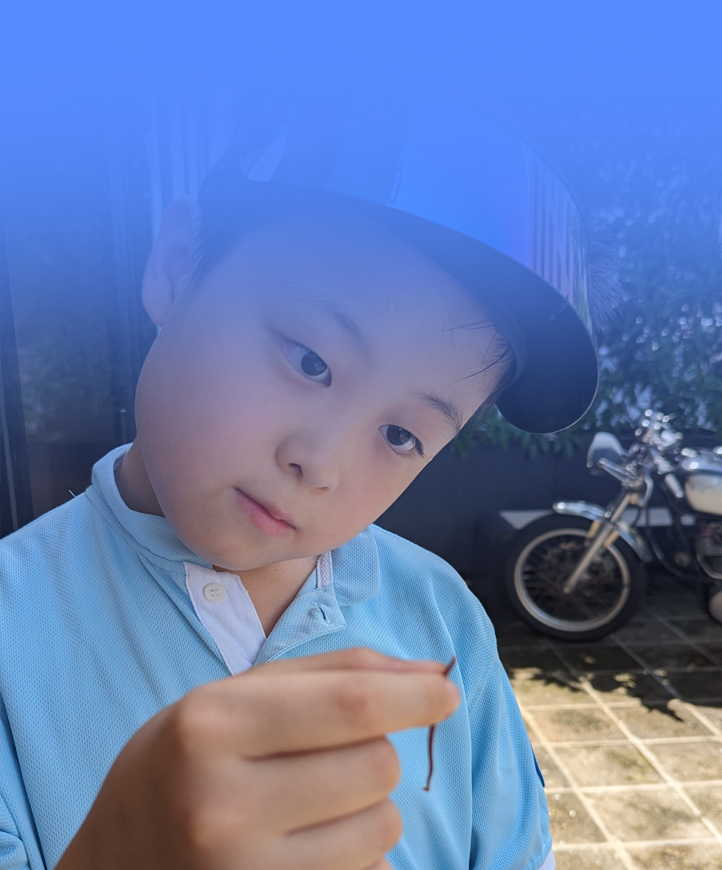
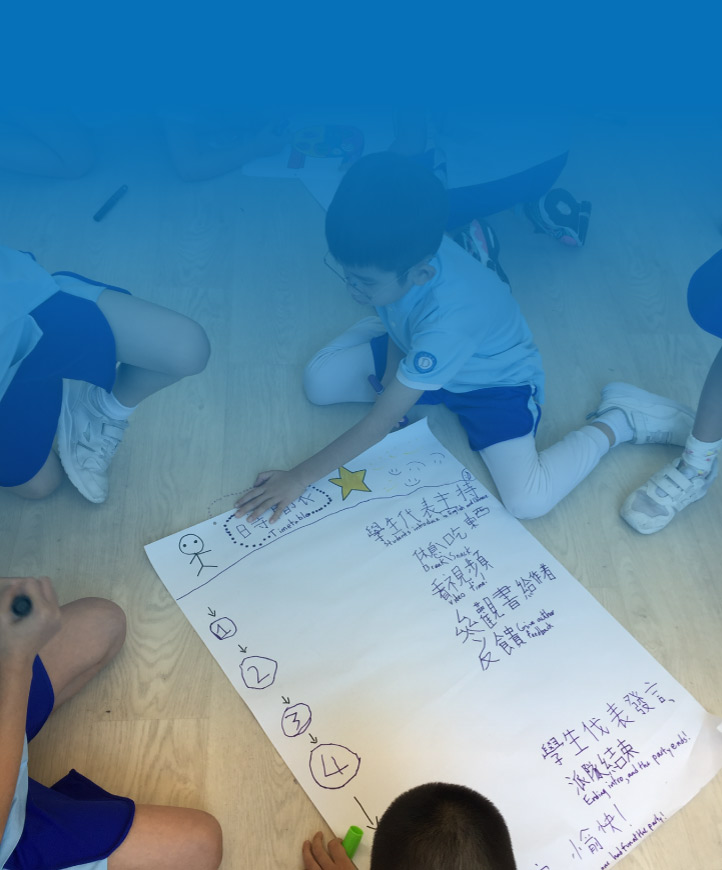
Assignment
The Assignment represents a contract between a student and a teacher and defines common obligations for class work, regular and long-term projects to be completed both inside and outside the classroom. Assignments are carefully designed and individualized to enable students to understand and achieve the curriculum goals while developing time management skills, creativity, questioning, appropriate risk taking, and critical thinking through open-ended questions and inquiry-based learning. The Assignment is constructed as a differentiated pathway through a unit of work and ensures that students know what is expected of them and provides them with focus for their self-directed learning in Lab.
